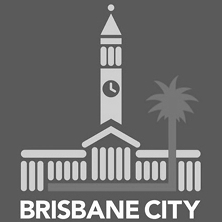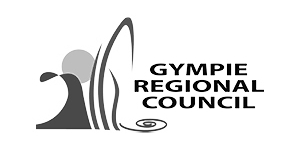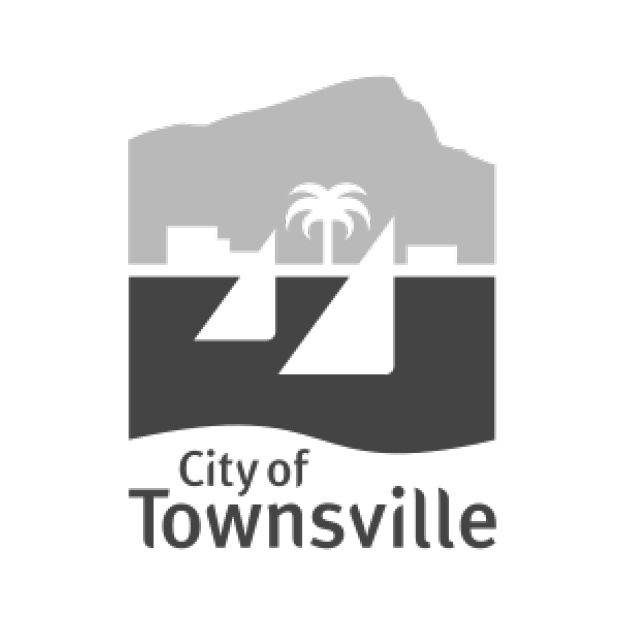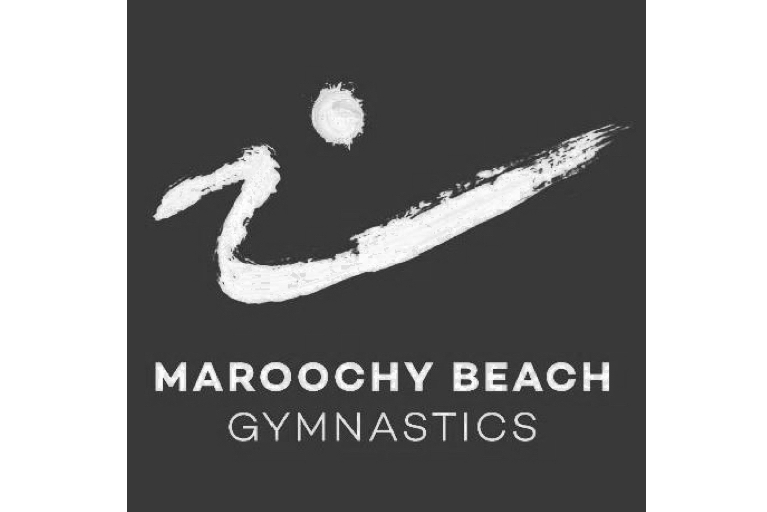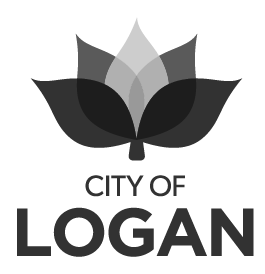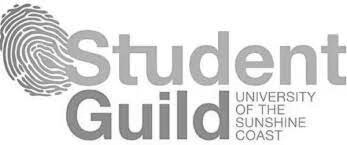Activating Sporting Clubs as Community Venues: A Win-Win Opportunity
The Central Role of Community Venues
The heart and soul of a community often lie in the venues where people gather. Whether it's for a local meeting, a cultural event or a family celebration, community venues play an integral role in shaping the collective experience of those living in a particular area. They act as the lifeblood of a region, promoting inclusivity, unity and shared memories.
Shining a Light on the Sunshine Coast Community Venues
Realising the potential of these spaces, Sunshine Coast Council embarked on a comprehensive community venues audit. With the enormous task of evaluating the data from these venues, Council contracted CPR Group to collate, visualise and analyse the data.
Through our work on the Sunshine Coast Community Venues Audit Report, we uncovered invaluable insights that will shape the future of community venues in the region. The use of technology like Microsoft Power BI enabled us to visually represent these insights, providing a dynamic platform for future decision-making. We're proud to have transformed raw data into actionable strategies that will benefit the community.
The Untapped Potential of Sporting Clubs
In our audit, one fascinating opportunity stood out. Several sports clubs, which form an essential part of our community infrastructure, reported keen interest in attracting more events and activities. Many of us can recall nostalgic memories of birthday parties, wedding receptions and social gatherings held within our local clubs. They have unique potential as community venues.
This untapped potential can been seen across Australia. Typically bustling after school hours and during weekends, these spaces remain underutilised on weekdays. This gap indicates there is latent capacity for sporting clubs to offer their spaces during the week for activities like meetings, counselling sessions, seniors activities or even low-impact recreation such as yoga.
Consider a use case of a local startup business offering fitness classes such as yoga or Pilates, renting a meeting room at a sports club during off-peak periods. The sports club gains extra income from leasing the space, while the startup enjoys a well-equipped, professional venue to grow its client base. Both entities benefit from cross-promotion: the sports club can advertise fitness classes to its existing membership, diversifying its service offerings, while the startup gains exposure to a community already interested in physical activity. This mutually-beneficial arrangement adds a commercial edge, but still retains its community spirit.
With the proper guidance and support, sporting venues can become even more instrumental in serving the community. The benefits include a steady revenue stream for the club and a variety of accessible spaces for the community to host activities and events.
A Path Forward: Councils’ Role
Across Australia, Councils face similar challenges with underutilised sporting venues. A key barrier often lies with the clubs themselves. There can be a protective stance, rooted in concerns about potential damage, administrative hassles or an instinctual reluctance for change.
Council leasing policies can sometimes, inadvertently, exacerbate this culture of possessiveness. There are opportunities for Councils to play a role in activating spaces through their community tenure policies if they become more open to commercial activities hiring spaces within these venues, like the fitness business example above.
Overcoming these barriers might need a top-down cultural shift. Clubs sometimes suffer from a limited perspective, missing out on the broader potential. Incentives and education programs can act as catalysts, removing these blinkers and revealing the benefits.
Educational initiatives could include workshops and webinars on topics such as:
Best practices for community hiring: insurance, permits and administrative and compliance obligations
Strategies for marketing and boosting bookings
Using technology and infrastructure to make bookings easy
Real-world success stories showcasing clubs that have opened their doors to the community
Breaking through these barriers may require initial capital investments, such as installing lock boxes, adding partitions, setting up roller doors for bars and integrating online booking systems. However a return on that initial investment could be realised quickly as clubs become more accessible with diversified revenue streams.
Sporting clubs are more than just spaces for athletes. They're memories waiting to be made, spaces to be used and an opportunity for mutual growth.





